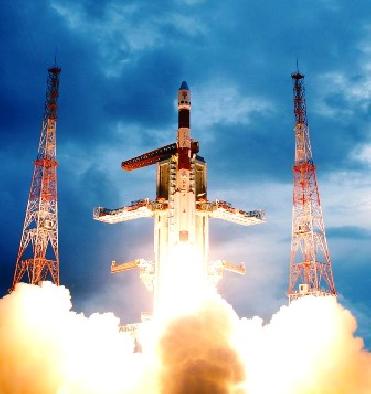
Chandrayaan-1, India's first lunar mission, being successfully launched by PSLV-C11 on October 22, 2008 from Satish Dhawan Space Centre SHAR, Sriharikota. A File Photo.
Moon is Earth's closest celestial body and the only natural satellite. Its study will only unravel deep secrets of the solar system and the evolution of Earth as well.
The heavily cratered lunar surface bears witness to the heavy bombardment by asteroids and comets that both Earth and the Moon have suffered over time. Unlike Earth, the Moon is now geologically quiet, its surface preserving a fossil record of its impact history.
With the advent of space age Moon explorations got an immense boost. During this time human beings refined their knowledge about the origin and the evolution of the Moon.
However, new questions about lunar evolution also emerged and new possibilities of using the Moon as a platform for further exploration of the solar system and beyond were formulated. All the major space faring nations of the world started planning missions to explore the Moon and also to utilise Moon as a potential base for space exploration.
In India, the idea of conducting a scientific mission to Moon was initially debated in a meeting of the Indian Academy of Sciences in 1999 which was later followed up by discussions in the Astronautical Society of India in 2000.
Thus, recommendations made by the learned members of these forums led to the constitution of National Lunar Mission Task Force by the Indian Space Research Organisation (ISRO). Leading Indian scientists and technologists participated in the deliberations of the Task Force that provided an assessment on the feasibility of an Indian Mission to the Moon as well as dwelt on the focus of such a mission and its possible configuration.
After detailed discussion by a peer group of about 100 eminent Indian scientists representing various fields of planetary & space sciences, earth sciences, physics, chemistry, astronomy, astrophysics and engineering and communication sciences, it was unanimously recommended that India should undertake the Mission to Moon.
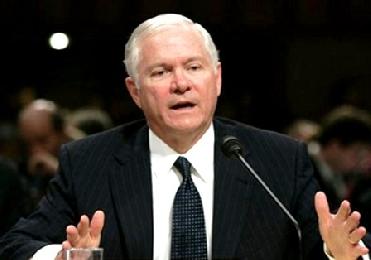 Next Article
Next Article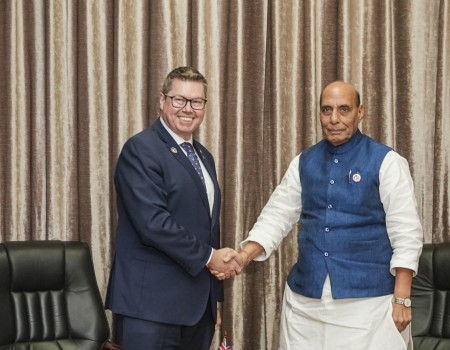
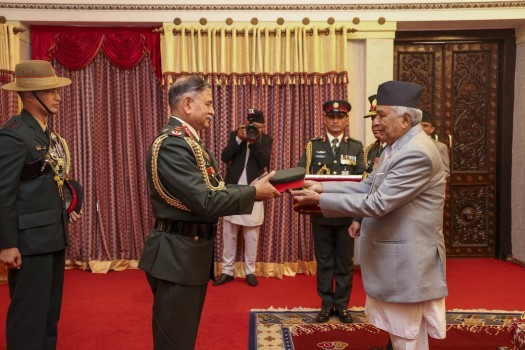
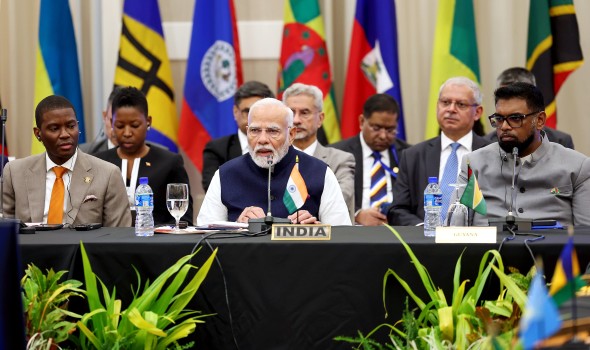
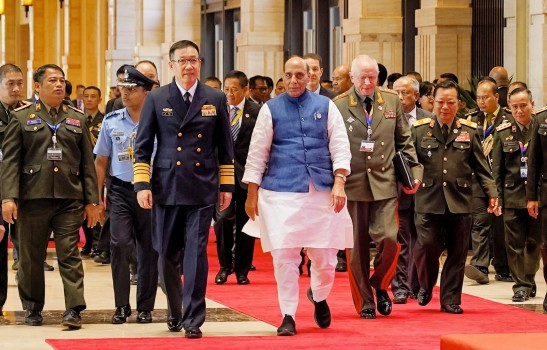

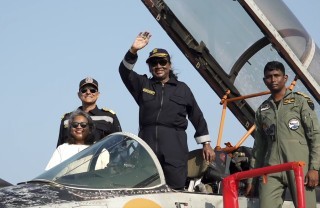
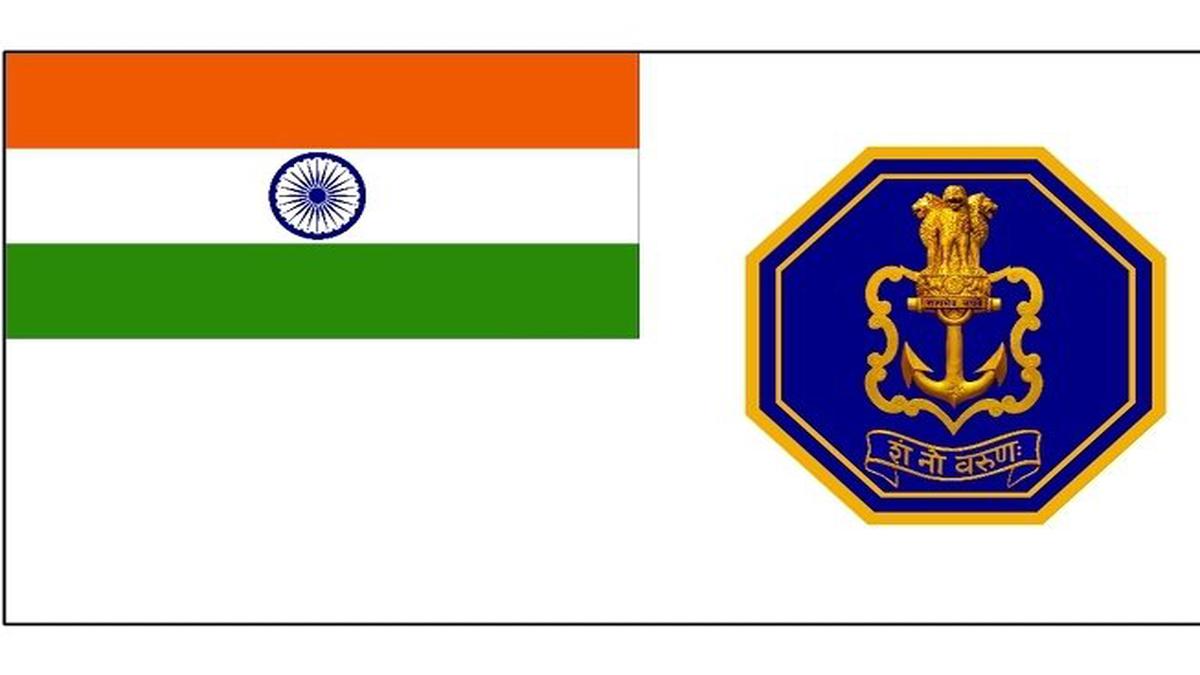





The Indian Air Force, in its flight trials evaluation report submitted before the Defence Ministry l..
view articleAn insight into the Medium Multi-Role Combat Aircraft competition...
view articleSky enthusiasts can now spot the International Space Station (ISS) commanded by Indian-American astr..
view article